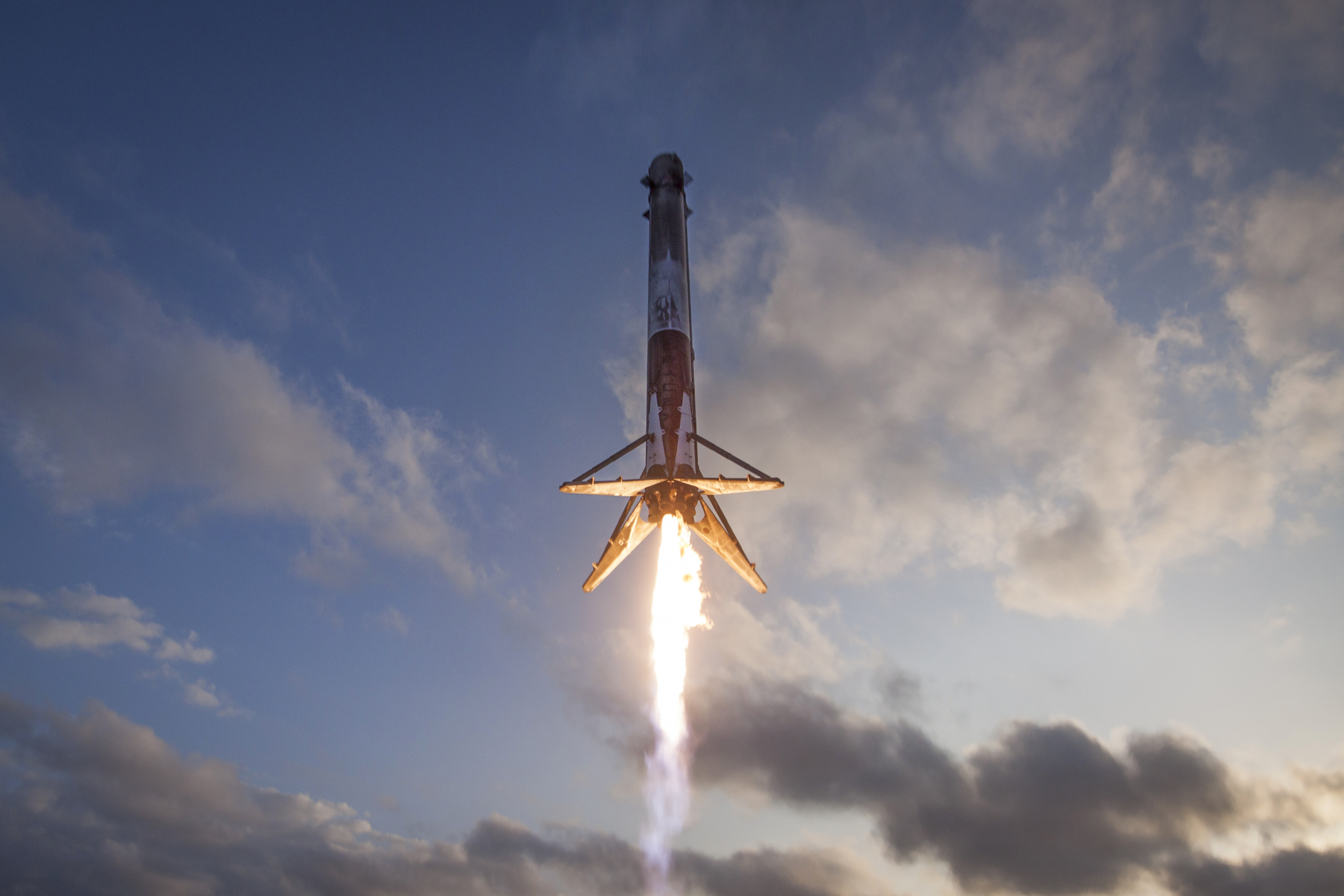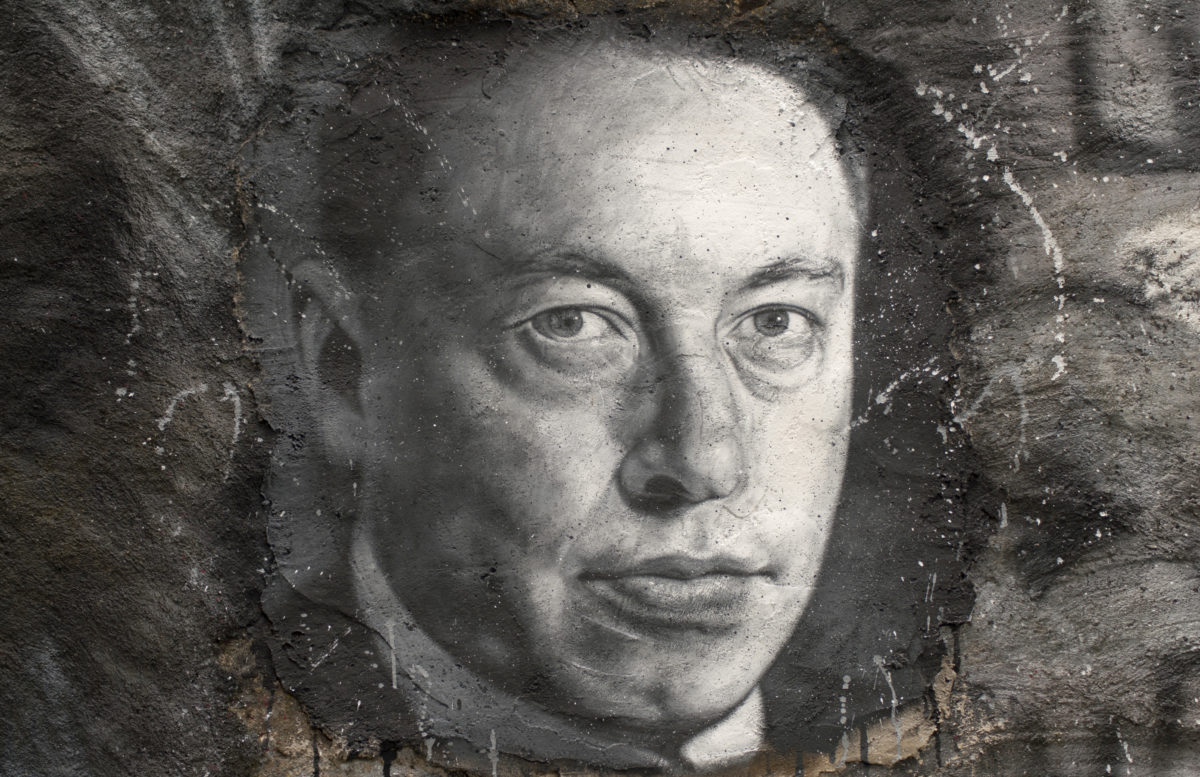

Might Elon Musk Save Us All?
My son is only eleven, but he already knows what car he wants when he turns sixteen: a Tesla convertible. Yeah right, kid- good luck with that one. Still, I have to sit back and appreciate his reasoning. You see, Elon Musk is something of a hero to him. He’s a science and engineering nerd, so Elon Musk is just the type of iconic generational thinker that kids his age need for a role model. It is, after all, Elon Musk who just might save them.
The thing you have to admire about Elon Musk is his utter dependence on out-of the-box thinking and a solid feedback loop that allows for a true collaboration of great minds, the type of mindset that propelled Steve Jobs to revolutionize the way we communicate and interact with one another. This is the hallmark of pioneers that advance our society, and boy could we use that right about now.
At this point, the science is in on climate scientology, and it isn’t good, folks. The devastation we have wreaked upon our natural environment is beginning to take its inevitable toll, and our prospects of reversing this trend look pretty dismal. There are some out there who would like to stick their fingers in their ears and squeeze their eyes shut tight like a petulant child having a temper tantrum when it comes to denying the indisputable volumes of evidence that demonstrate the catastrophic impact our polluting has had on our planet and the climate patterns it inherently governs. We are slowly killing this planet, and scientists are already pointing out the dramatic effects this has had.
Increased storms and droughts have already ravaged our communities and their food production, with further increased impacts still to come. We can expect this to become the new norm, with billions upon billions of dollars lost to the mass destruction. At the rate we are going, it will become more and more difficult to sustain human life on a planet we are making increasingly less inhabitable. Unless that is, we can find new strategies for combating the single greatest challenge facing our times. That’s where someone like Elon Musk comes in.
Elon Musk has already put his mind, and the minds of some of the brilliant people he collaborates with, to use discovering better, more efficient ways of tackling some of the most challenging issues of the 21st century. He has reinvented the electric car, turning it from a diminutive and wimpy contraption that would get you ridiculed by friends into a sleek and sexy sport car with all the luxuries of higher end automobiles. In 2013, Musk unveiled Hyperloop, a concept for a high-speed transportation system incorporating reduced-pressure tubes in which pressurized capsules ride on an air cushion driven by linear induction motors and air compressors. Musk believes he can build a hyper loop system from San Fransisco that would hit top speeds of 760 miles an hour and reduce the commute time between the two cities to 35 minutes. And in a testament to his willingness to invest in divergent thinking, Musk claims to have come up with the idea for SolarCity, the second largest provider of solar power systems in the United States, while hanging out at the Burning Man festival in a Nevada desert.
 And now, Musk has turned his attention to space exploration and planetary development. In 2001, Musk conceptualized “Mars Oasis”: a project to land a miniature experimental greenhouse on Mars in an attempt to regain public interest in space exploration. Soon after, Musk invested $100 million of his own money into founding Space Exploration Technologies, or Space X. Last week, Elon Musk launched his now-famous red Tesla Roadster into space, atop the first Falcon Heavy rocket. You can actually watch the thing live online, complete with road dummy driver, as the fairly expensive ride my son definitely covets, orbits around the planet.
And now, Musk has turned his attention to space exploration and planetary development. In 2001, Musk conceptualized “Mars Oasis”: a project to land a miniature experimental greenhouse on Mars in an attempt to regain public interest in space exploration. Soon after, Musk invested $100 million of his own money into founding Space Exploration Technologies, or Space X. Last week, Elon Musk launched his now-famous red Tesla Roadster into space, atop the first Falcon Heavy rocket. You can actually watch the thing live online, complete with road dummy driver, as the fairly expensive ride my son definitely covets, orbits around the planet.
A friend of mine wrote to me shortly after the announcement, suggesting that Musk’s investment of nearly $100 million into such ventures hardly seemed the most philanthropic way of spending such epic amounts of cash. I can see her point. Spending millions just to shoot a sports car out into space, in addition to Musk’s propensity for self-aggrandizement, could lead one to view this as representing not much more than a monument to self. But I think there’s something more going on here.
The problem that NASA has always had in defending its, please excuse the pun, astronomical budget is that the results of space exploration are often intangible. It is hard to pinpoint how improvement of life on this planet is tied to our greater understanding of places as far off as the Moon or Mars. But when we look at the way we have been bludgeoning this planet to a cruel, unceremonious death, we start to realize that we might just need to look beyond this planet to overcome the challenges of sustaining human viability well into the future.
I’m not suggesting that we can get Matthew McConaughey to pilot us a spacecraft to go find new inhabitable planets for us to reintroduce human life like he did in Interstellar. We don’t need to start relying on science fiction for real world problems. Plus, who could really believe Matthew McConaughey has the brains to pilot a Tesla never mind a rocket ship? No, we need to focus our efforts here, but we need to be willing to look elsewhere for some of the answers. By pushing us in the direction of opening our minds to alternative paths to solving the challenges that confront us, Elon Musk is spearheading the search for solutions to the problems that climate change and environmental impact present for us. So I may not be buying my son a Tesla for his sixteenth birthday, but I definitely won’t stop him from putting up the poster in his room.
Steven Craig is the author of the best-selling novel WAITING FOR TODAY, as well as numerous published poems, short stories, and dramatic works. Read his blog TRUTH: In 1000 Words or Less every THURSDAY at www.waitingfortoday.com







Thank you, Msgr Pope, for raising this topic.